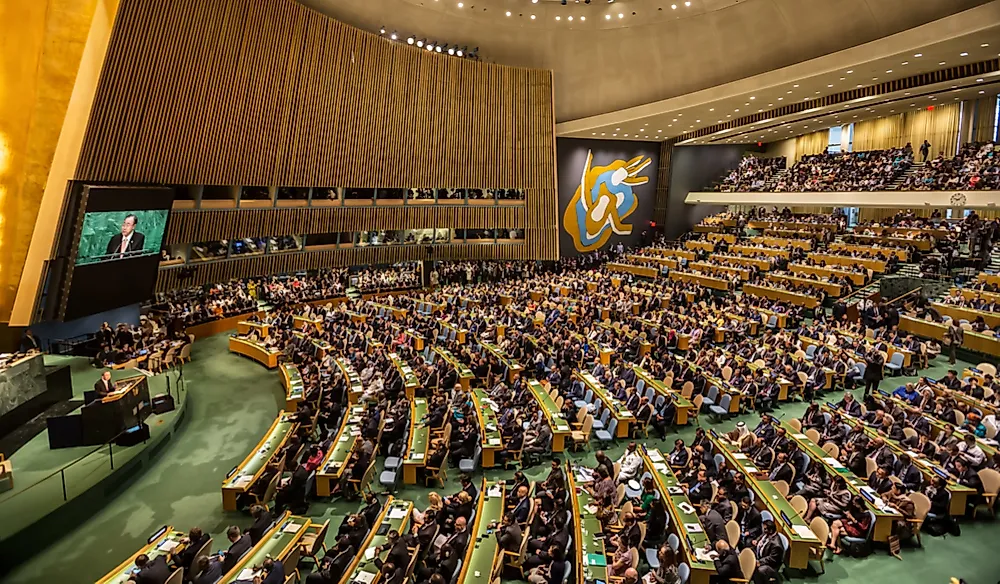Who Are The Observer Countries Of The United Nations?

Observer status is a privilege granted by some organizations to non-members who are interested in the organizations by giving them a chance to participate in the organization's activities with limited ability in the organizations day to day functioning, voting, and resolution making. The observer status is given to international organizations, single entities, and non-member states upon meeting the setup conditions. World organizations such as the United Nations have appointed and approved applications of certain nations, organizations, and entities worldwide with interest in becoming observers to oversee their activities. However, the sovereignty of these organizations, country states, and entities are not precisely or well defined. Today, there are two non-member observer countries, Palestine and the Holy See.
United Nations Observer Countries
UN grants observer status to many entities, non-member states, and the international agencies by general assembly only. Non-member states are the nations which did not qualify or wish not to be part of the United Nations assembly such as Palestine, whose application was declined due to failure of approval by the Security Council because of war and security instability over time, and the Holy See that obtained its permanent non-member states uncontroversially in the 1964.
However, sixteen nations were non-member states until the later when fourteen of them such as North Korea were approved by the security council for meeting the geopolitical requirements. This left only the Holy See and Palestine as permanent non-member states with an observer status. Taiwan has been denied this status despite efforts by the government since it’s considered a province of China with full representation by the government of China.
UN Agencies with Observer Status
Special agencies with observer status on the UN are Niue and the Cook Islands of New Zealand. New Zealand has refused to support them in becoming member states due to differing constitutional laws and sovereignty.
Other entities running independently or under the government of a given country that have been approved for the observer status include the International Chamber of Commerce, International Olympic Committee, and International Committee of the Red-Cross among others.
On the other hand, there are many recognized organizations approved by the UN which include the International Criminal Court (ICC), European Union(EU), Latin American Integration Association, International Criminal Police Organization (Interpol), and the African Union (AU) among others.
Role of UN Observer States
The main roles of the observer states are:
- Assist to the discussions and deliberations at the general UN meeting.
- Make statements to present their views, positions, propositions, and suggestion on issues under considerations upon invitation by committees of the UN.
- Participate in general debate and circulate communications without intermediary.
- Participation in certain UN summits such as the climate change summit.
Some roles are limited and defined according to the region such as Palestine which is able to draft resolutions and decisions on Palestinian and issues of the Middle East that can be put to vote though they do not have the right to do so. However, European Union is the only observer organization with a hybrid system and supranationalism with the ability to speak on behalf of the state in assembly, reply to orders, and submit proposals among other rights.
Full UN Membership
Apart from being observer state, most nations can become full members of the UN to enjoy the full rights and recognition of their sovereignty by meeting the setup conditions. Membership requires nine votes of the 15-member states of the Security Council and have a simple majority in the General Assembly meeting.











